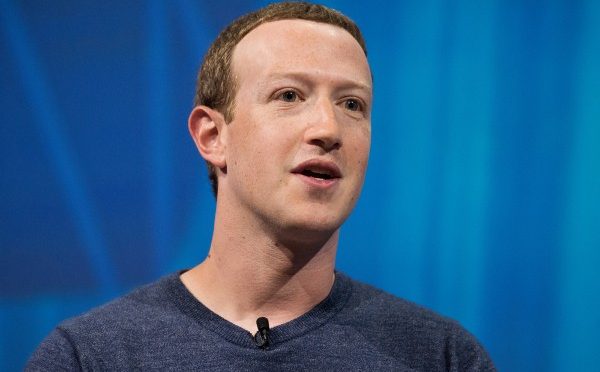Three years ago when Mark Zuckerberg traveled around the country, his biggest surprise was learning the extent of the addiction crisis. He was genuinely concerned about the problem, realizing that he comes from a position of privilege, and that he didn’t face economic loss like so many other Americans. Perhaps his awakened awareness had something to do with why he and his wife donated $500,000 to pass Measure 100 in Oregon this year, the Drug Decriminalization and Addiction Treatment Initiative
The choice of the donation reflects a naiveté similar to the naiveté he had in 2017. It doesn’t appear that Zuckerberg and Priscilla Chan consulted treatment and addiction specialists before donating the money. People who work in recovery are concerned the measure would largely eliminate the court system’s ability to mandate treatment for people. The couple’s intentions were probably good, but Measure 110 disguises its true objectives by purporting to be about helping people.
Oregon legalized marijuana in 2014. Oregon, like Colorado, ranks in the top five states for abuse of marijuana, methamphetamine, opioids and alcohol. It is no accident that these early legalization states have the highest rates of all substance abuse. Our addiction epidemic is a poly-substance abuse epidemic. Legalizing marijuana enables other drug use, because cannabinoids, including THC, follow the same pathways as opioids. In other words, the opioid and cannabinoid receptors work together. The vast majority of people who die of overdose have multiple substances in their bodies.
Support addiction treatment, but don’t enable drugs
We support and encourage rehabilitation and treatment, but the sad truth is that there’s no guarantee of truly overcoming addiction through treatment. Addiction often begins with a beautiful boy or girl, as Dr. DuPont explains so well. Over and over again, our children try but falter. It is not because drug treatment models fail and that treatment specialists don’t have good intentions. Nor is it because our children are failures. Although recovery is possible, super human fortitude is required to recover from addiction.
It’s not one time, or ten times, or a hundred times that those with substance abuse disorders must be strong; it’s a thousand times and then some more. In the throes of addiction, drug or alcohol use is not a choice. It is not just a matter of willpower, because the brain has been hijacked by chemicals, chemicals that essentially rewire the brain’s reward system. Making any drugs easier to access is lethal to a person in recovery. Decriminalizing drugs will make it easier to access drugs.
Most forms of cancer may be easier to treat and to cure than drug addiction. It is also quite possible that decriminalizing drugs while putting money into treatment is similar to pouring cancer-causing agents into the water of a cancer treatment center.
Creating a problem to solve a problem
In order to bring down addiction, Oregon needs to work on primary drug prevention. Measure 110 decriminalizes all drugs and therefore will make life much more difficult for those in recovery. Like marijuana legalization, it creates a problem to solve a problem.
Addiction is a health issue, and it’s a mistaken notion to think the US doesn’t treat it as such. Since 1956, the American Medical Association has used the disease model for addiction. Though approximately 1/5 of adult Americans have a substance addiction (including those in recovery), no one starts out intending to become addicted. Most Americans understand that addiction is not a moral failing, but they want all levels of government to protect its citizens.
Since the 1990s drug courts in the United States have emphasized treatment over punishment. They’ve been a success, although the Drug Policy Alliance, which is promoting Measure 110, doesn’t like drug courts. Drug Policy Action, the political arm of Drug Policy Alliance donated $3,915,553.43 to pass this ballot. As we’ve said before, Drug Policy Alliance promotes drug use while trying to disguise its objectives and claim humanitarian goals.
As the son of a psychiatrist and dentist, Mark Zuckerberg had role models, drive, and the good sense to avoid substance abuse. Unlike DPA which wants to legalize all drugs, he probably has good intentions. Unlike his fellow Facebook founders, Sean Parker and Dustin Moskovitz, he wisely chose not to contribute to Proposition 64, the most foolish ballot to ever pass by public vote in California. (Since it passed in 2016, approximately 80% of California’s marijuana market, is in the black market. No one was in jail for marijuana at the time of the ballot. The state only gets 1/3 of the promised tax revenue. It’s failed policy, except for those invested big corporate pot.)

